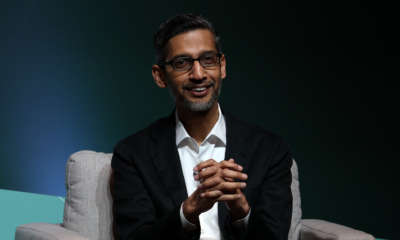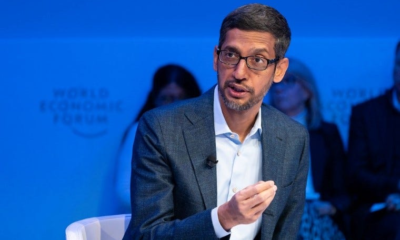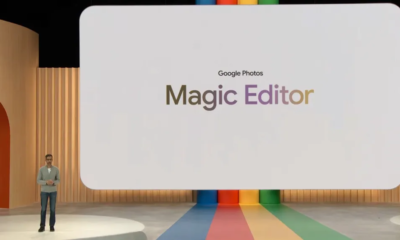Key points:
- On Monday, Facebook said it would be releasing its news service in the UK in January next year.
- Facebook is allegedly going to pay “millions of pounds” a year to license the partner publishers’ material.
- A collaboration with legacy and reputable sources of news would help root out disinformation on their sites for internet companies.
- Brown also promised that curation, with a focus on original reporting, would be focused on such metrics.
On Monday, Facebook said it would be releasing its news service in the UK in January next year. The social media company has also confirmed collaborations with many major publishers for content aggregation, such as The Economist, Guardian Media Group, Conde Nast, and others.
Facebook to pay “millions of pounds”:
Facebook is allegedly going to pay “millions of pounds” a year to license the partner publishers’ material.
With Facebook employees choosing stories from various media sources, Facebook News will appear as a dedicated news page.
As per the Guardian:
Facebook’s latest program would benefit cash-strapped publishers, according to The Guardian, but there is no news on the amount of money allocated for this reason.
“It’s an extremely massive investment, and it’s something we’ve been doing over several years,” says Sarah Brown, head of Northern European News Partnerships on Facebook.
Other promises by Brown:
Brown also promised that curation, with a focus on original reporting, would be focused on such metrics. Is the news deeply sourced, is it timely, provides an interesting perspective, is it well-sourced? “Added she.
In addition, the report notes that the news tab would show a wide variety of stories shortlisted by Update, the news aggregator service. To present a few stories in the section, Facebook will be using algorithms.
Priority to partnered content:
While the preference will be given to partnered content, publishers who have not signed up for the program will still appear in the news section if they comply with certain requirements.
Publishers to raised concern:
The announcement particularly at a time when publishers have raised questions about companies like Facebook and Google’s ability to monitor their reach of content.
Things, however, are shifting of late. Google, for example, said last month that it intended to pay publishers worldwide $1 billion through a new program called Google News Showcasing.
As the New York Times revealed:
A collaboration with legacy and reputable sources of news would help root out disinformation on their sites for internet companies.
Just lately, the New York Times revealed that in the days following the US presidential election, in an try to counter the distribution of fake news and disinformation; Facebook was forced to adjust its algorithms to push posts from existing and popular news.






































